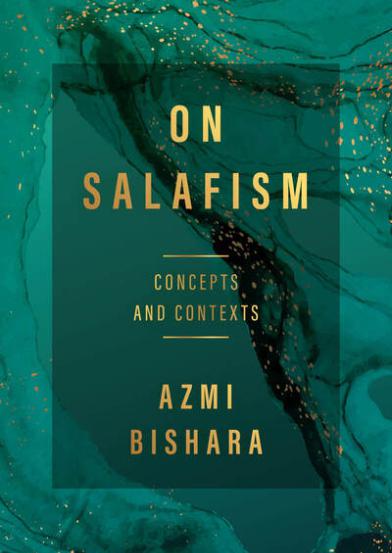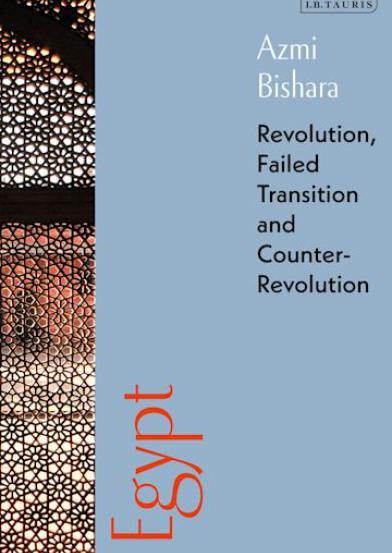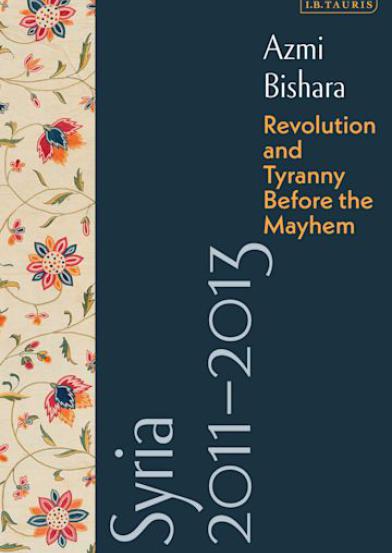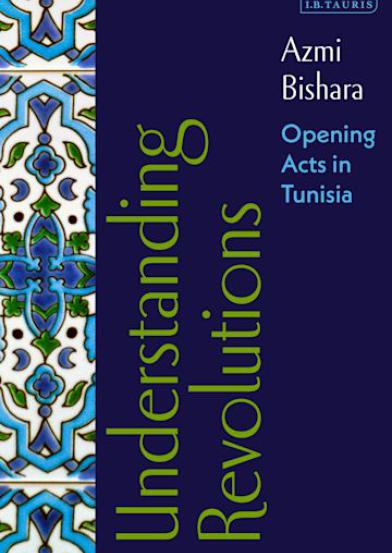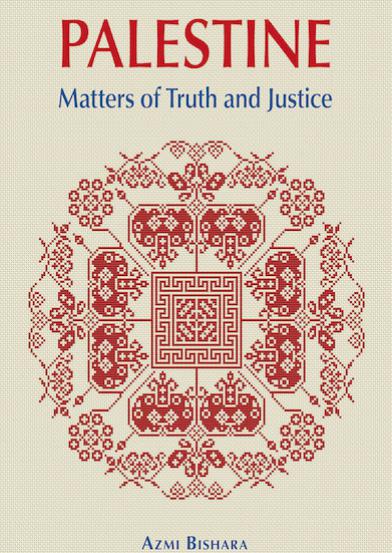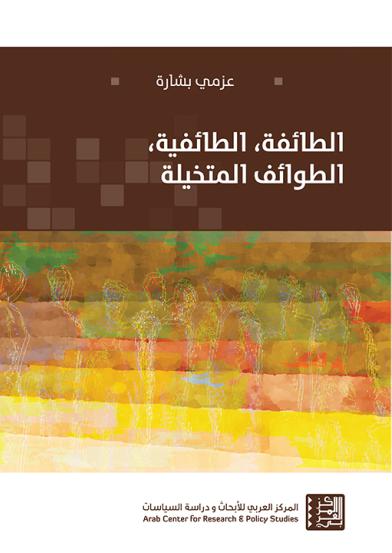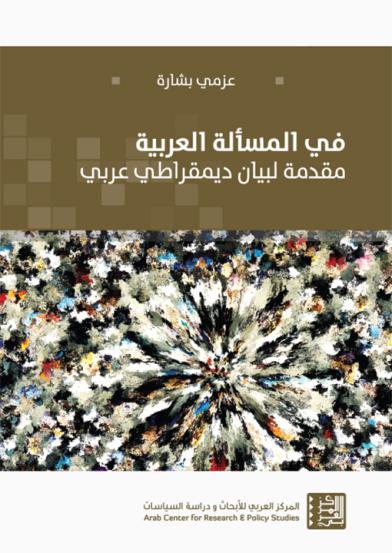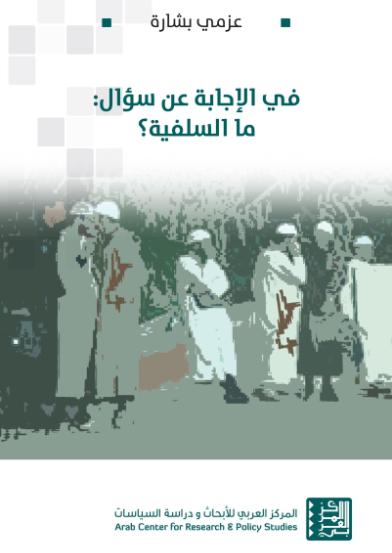Freedom
What matters is that those who support dictatorship and justify genocide, must not be allowed to incite against others.
Rather, these voices must be relegated to a position of desperate and unconvincing defensiveness, before those who condemn their positions.
According to liberal ideals, the state does not have specific duties beyond protecting freedoms in the broad sense, and the rights that derive from them, and providing what is needed for the exercise of these freedoms and rights.
The people's revolution in Tunisia heralds the end to this miserable last chapter. More importantly, it has given us a glimpse of the latent possibilities of the coming phase. The darkness has begun to lift and the features of the horizon have come into view.
The revolution in Tunisia is progressing from one achievement to another. Obstacles flee in the face of the peaceful and unified grassroots movement. One barrier after the other collapses at the sound of the footsteps of the revolution as it advances. The great civilian revolution has carried the country into a new dimension and hurled it to the speed of light.
The Tunisian and Egyptian revolutions heralded a new Arab era in which it is possible to couple freedom and social rights, sovereignty and citizenship. Arab regimes will not deride their populations anymore; and they will be facing a choice between comprehensive reforms and the complete overthrow of the regime.
Most Arabs, like people everywhere, just want a better life and to live in safety. Terrorism, as dangerous as it is, is a transient phenomenon that does not constitute a social-political alternative to existing regimes.
Tunisia is facing immense challenges. Its experiment is surrounded by grave risks, most of which are socio-economic in nature.
True, the political landscape of Tunisia is yet to settle on a stable form. However, this is not the main threat to the fledgling Tunisian democracy.
Books
Bishara is particularly known for his research on civil society, nationalism theory, what he refers to as "the Arab question", religion and secularism
